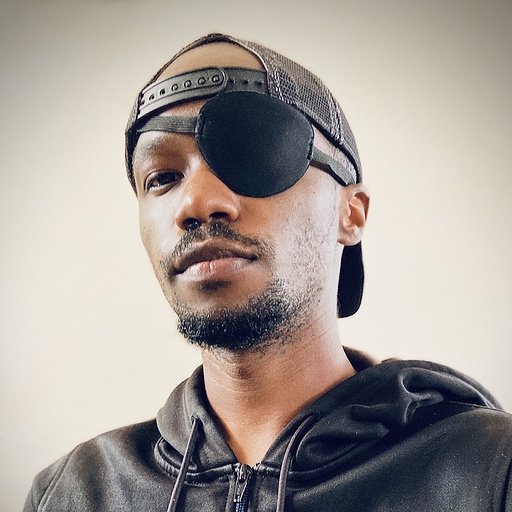Accessibility Can’t Wait
Words by Mark Renja • Mar 6 2023
Why starting small is better than doing nothing
Accessibility is intimidating. Just look at the Web Content Accessibility Guidelines, a long and detailed document with recommendations on how to make content on the internet more usable. Now, imagine reading that document as a newcomer to accessibility in 2022 – the year TikTok continued to swallow everything whole, where even a paragraph of text has to be shown next to a Minecraft video because that’s the only way we’ll pay attention. I wouldn’t blame you if your first instinct was to slowly back away from your screen.
Even though I’m disabled, accessibility is relatively new for me too. So I understand how overwhelming it can be to encounter all these guidelines for the first time. That’s why back in June, I pitched a workshop idea to the Code for All team for the 2022 Summit: the beginner’s guide to accessibility.
Over an hour, we’d explore simple steps anyone can take to improve accessibility. Some things, like adding alternative text to the image in your tweet which helps describe that image to blind and low-vision users, take only a minute to learn and a few seconds to do. And the more people that get into the habit of adding alternative text, the better the internet becomes for everyone.
Your accessibility journey
The workshop would also show how incremental change is possible. As you gain more experience with basic accessibility features like alternative text, simple writing, camel case hashtags, and descriptive links, you’ll have the confidence to do more. Tasks like captioning videos or transcribing audio take longer but are a natural next step. On and on you go, until you’ve gained enough experience to start influencing others – like people in the organization you work for – to improve accessibility on a larger scale.
Accessibility isn’t more work, it’s part of what you should have been doing.
And this journey works! I’ve gone from learning about accessibility to increasing the accessibility of my content to creating resources for my peers. But this only happens if people can learn about accessibility in a fun and approachable way. Alex Chen’s Access Guide, which takes those intimidating Web Content Accessibility Guidelines and presents them in a friendly and easy-to-grasp format, introduced me to accessibility. We wanted our workshop to do the same for you.
Accessibility is urgent
I’ve written elsewhere about the urgency of accessibility. Disabled people like me make up over one billion people on earth, and this number is increasing with millions more now living with the debilitating effects of Covid-19. And as populations grow old, our reliance on technology becomes even greater.
We all need to make digital experiences more accessible. Whether as a result of illness, injury or old age, disability is inevitable for all of us, so it’s also in your best interests to work towards an accessible future. Starting small is better than doing nothing.
If you joined our workshop, congratulations! That’s a great start, and I hope the knowledge we shared is helping you on your accessibility journey. If you missed it, please get in touch with the Code for All team on Slack by using this link, or reach out to me directly by using this link and we’ll get you caught up.
Remember, accessibility can’t wait. We’re here to help you get started.



